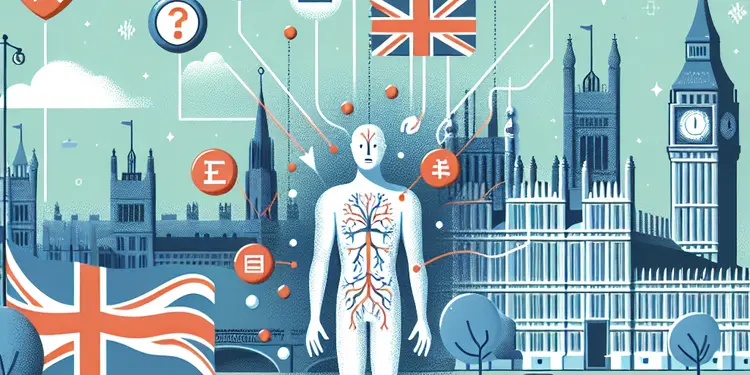
Find Help
More Items From Ergsy search
-
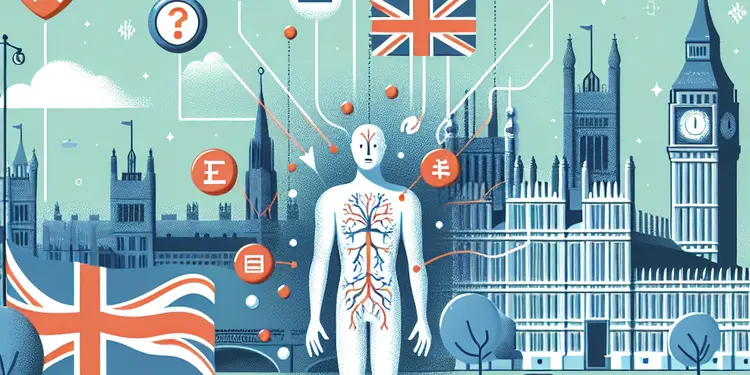
How does Huntington's disease affect emotions?
Relevance: 100%
-

What is Huntington's disease?
Relevance: 80%
-
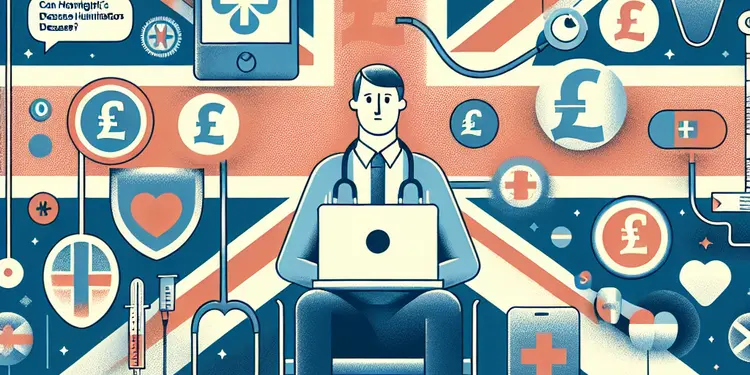
Can Huntington's disease be prevented?
Relevance: 74%
-
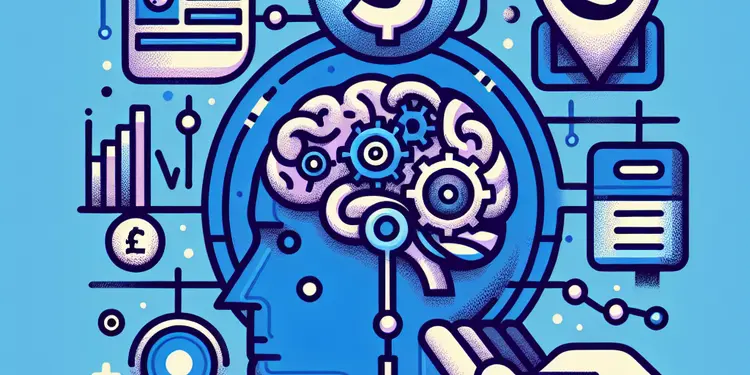
What are the symptoms of Huntington's disease?
Relevance: 73%
-
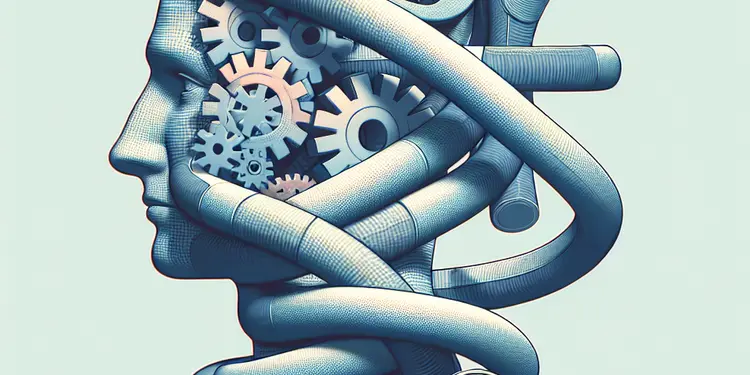
Is Huntington's disease fatal?
Relevance: 73%
-

Can Huntington's disease be cured?
Relevance: 73%
-
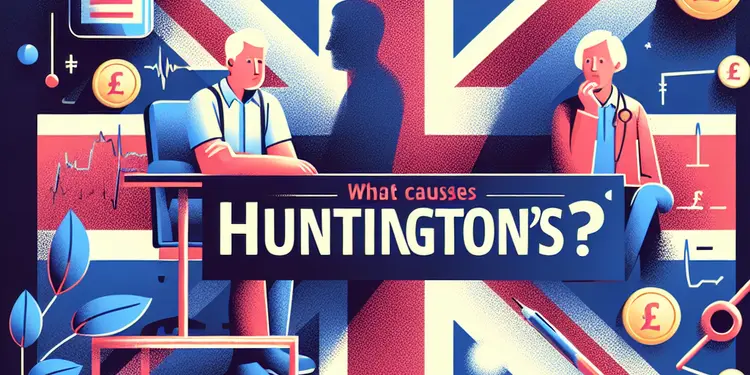
What causes Huntington's disease?
Relevance: 72%
-

What research is being done on Huntington's disease?
Relevance: 71%
-

How is Huntington's disease diagnosed?
Relevance: 70%
-

What is the role of genetic testing in Huntington's disease?
Relevance: 70%
-
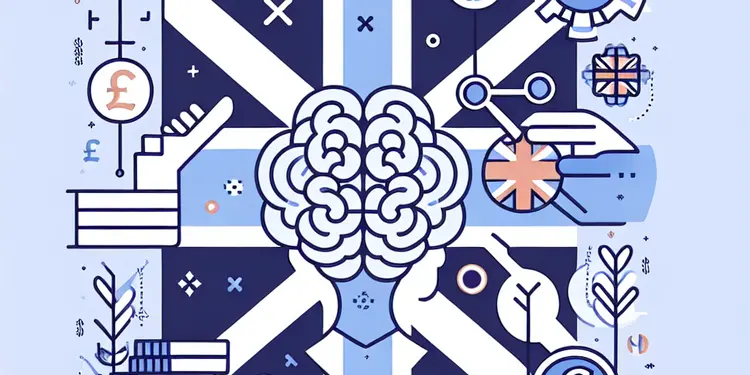
How does Huntington's disease affect cognition?
Relevance: 70%
-
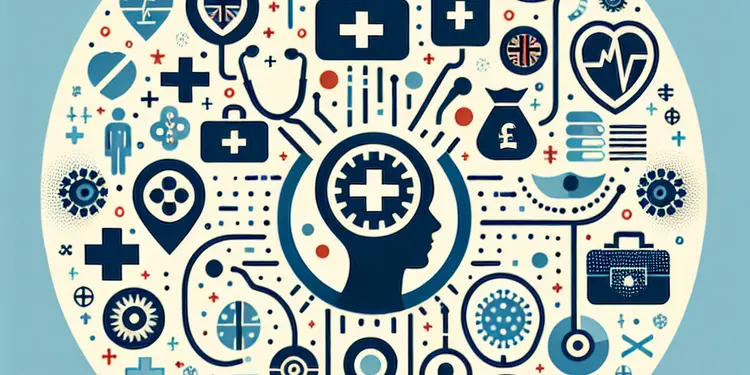
What kinds of specialists are involved in treating Huntington's disease?
Relevance: 68%
-

Can lifestyle changes help manage Huntington's disease?
Relevance: 67%
-

How does Huntington's disease affect movement?
Relevance: 65%
-

At what age do symptoms of Huntington's disease typically appear?
Relevance: 64%
-

What is Juvenile Huntington's disease?
Relevance: 55%
-

Are there treatments available for Huntington's disease?
Relevance: 53%
-

How is Huntington's disease inherited?
Relevance: 51%
-
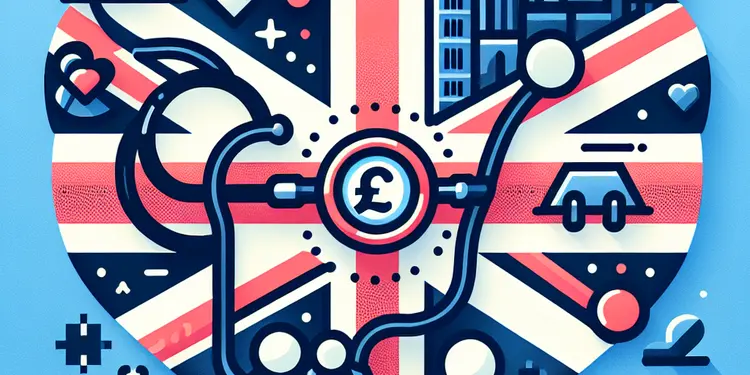
What support is available for families affected by Huntington's disease?
Relevance: 48%
-
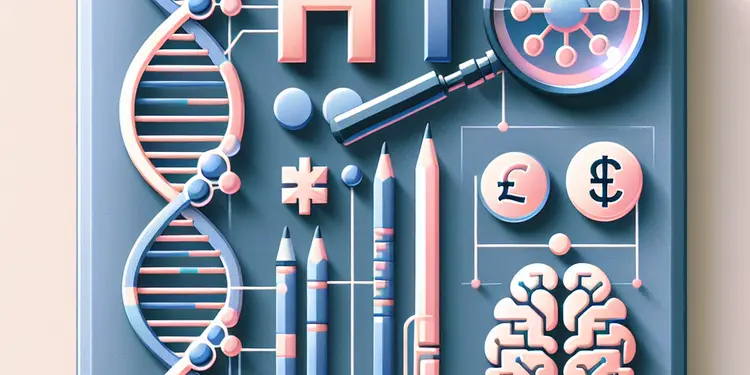
What role does the HTT gene play in Huntington's disease?
Relevance: 42%
-

6 Signs of Emotional Abuse and Neglect
Relevance: 38%
-

7 Warning Signs of Emotional Abuse
Relevance: 38%
-
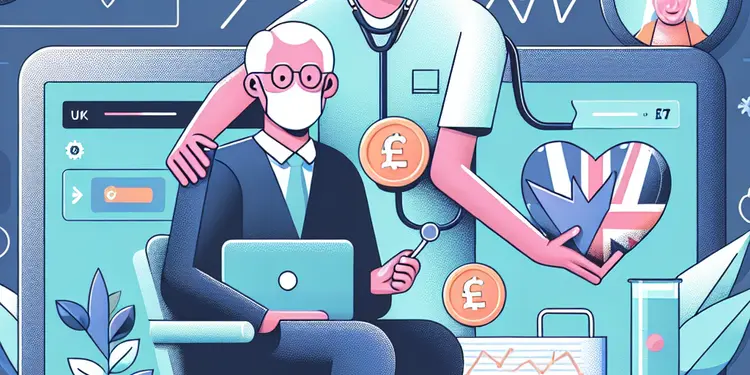
What emotional support is available for carers of Alzheimer's patients?
Relevance: 36%
-

How does the loss of driving privileges affect seniors emotionally?
Relevance: 30%
-

How should employers manage the emotional impact of redundancy on employees?
Relevance: 29%
-
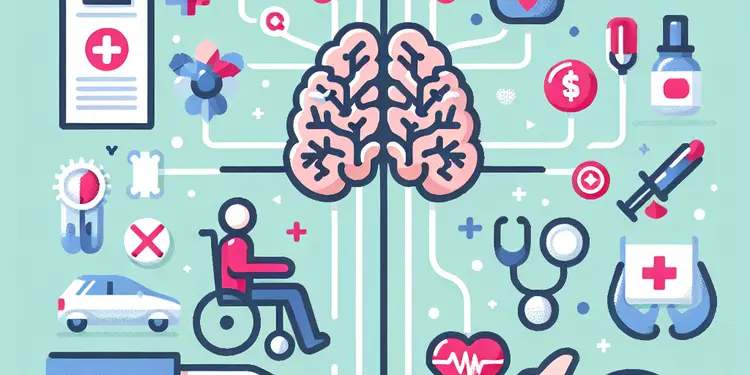
What are the primary symptoms of motor neurone disease?
Relevance: 28%
-

Parkinson's disease: Karen's story | NHS
Relevance: 26%
-
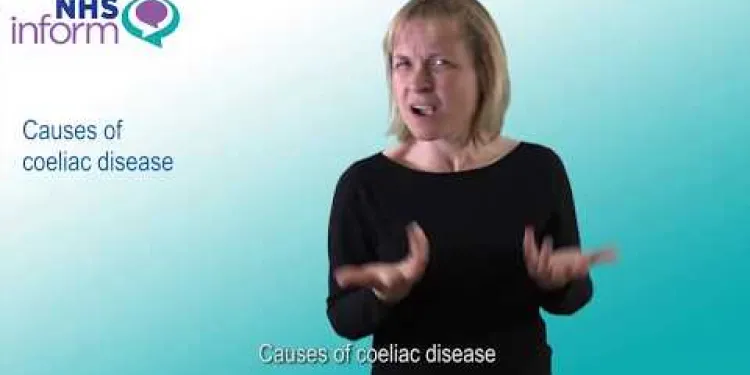
Causes of coeliac disease
Relevance: 26%
-

Can flesh-eating disease cause long-term complications?
Relevance: 25%
-

Where can I find information about Alzheimer's disease for carers?
Relevance: 25%
-
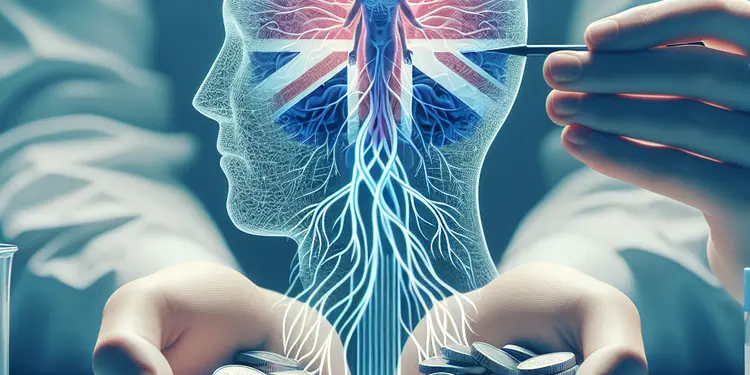
What treatments are available for motor neurone disease?
Relevance: 25%
-

Living Well with Coeliac Disease
Relevance: 25%
-
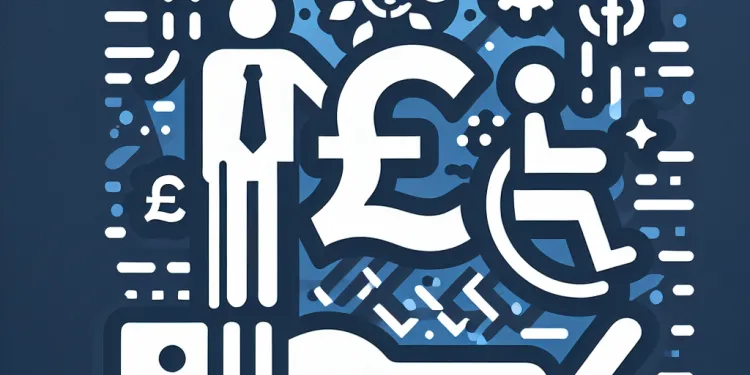
What is Parkinson's disease?
Relevance: 25%
-
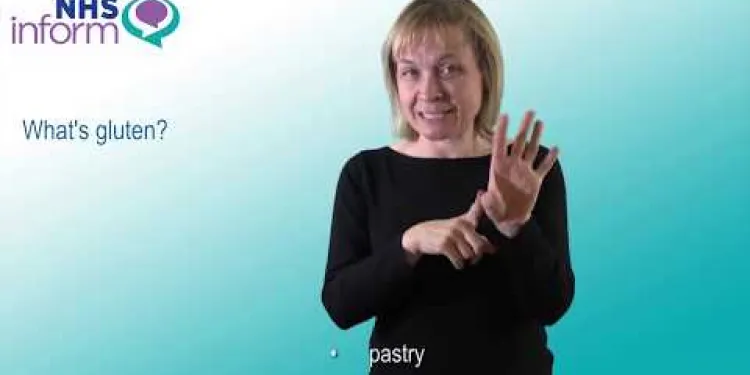
Coeliac disease
Relevance: 24%
-

Coeliac Disease: Session 1: What is Coeliac Disease?
Relevance: 24%
-

What support is available for people with Crohn's disease in the UK?
Relevance: 24%
-
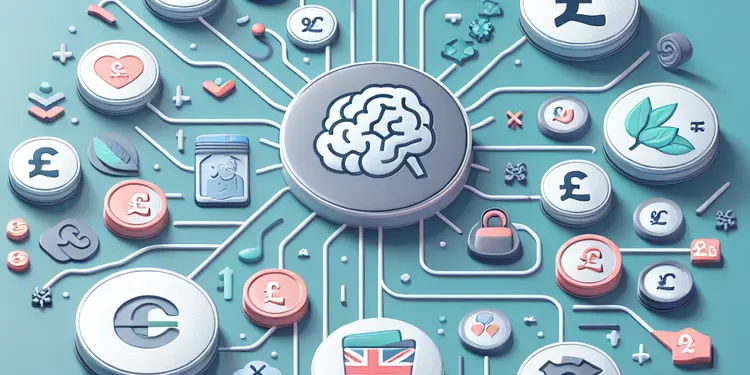
How can carers plan for future stages of Alzheimer's disease?
Relevance: 24%
-

How common is Alzheimer's disease in the UK?
Relevance: 24%
-

Can children develop Crohn's disease?
Relevance: 24%
-

Living with early stage kidney disease
Relevance: 24%
Understanding Huntington's Disease
Huntington's disease is a genetic disorder that affects the brain, leading to the progressive degeneration of nerve cells. This condition is inherited and is known for causing a wide range of physical, cognitive, and emotional symptoms. It typically manifests in individuals between the ages of 30 and 50 and worsens over time. One of the significant aspects of Huntington's disease is its impact on emotions, which can profoundly affect both the individual and their loved ones.
Effects on Emotional Regulation
Huntington's disease affects the basal ganglia, a region of the brain that plays a critical role in regulating emotions. As the disease progresses, individuals often experience difficulty in controlling their emotional responses. This can lead to heightened emotional sensitivity, irritability, and sudden mood swings. As brain cells deteriorate, the ability to modulate emotions properly diminishes, causing reactions that may appear disproportionate to the situation at hand.
Common Emotional Symptoms
Persons with Huntington's disease often exhibit a range of emotional symptoms. Depression is prevalent, affecting many individuals living with this disease. It's not merely a reaction to the diagnosis but a symptom of the neurodegenerative process itself. Anxiety is also common and may be accompanied by feelings of frustration and helplessness. Some individuals experience apathy, a lack of interest or motivation in activities, which can further affect their quality of life.
Impact on Behavioural Interactions
Emotional disturbances in Huntington's disease can lead to behavioural changes that strain social and familial relationships. Impulsiveness and aggressiveness may emerge, sometimes resulting in socially inappropriate behaviour. Family members and caregivers often face challenges managing these behavioural changes, which can cause misunderstanding and distress in personal relationships. Understanding that these are symptoms of the disease rather than personality changes is crucial for those providing care.
Coping Strategies and Support
Addressing the emotional symptoms of Huntington's disease requires a comprehensive care strategy. Psychological support can be beneficial, including counselling and therapy for both the individual and their family. Medication may also be necessary to manage symptoms such as depression and anxiety effectively. Support groups provide an opportunity to connect with others going through similar experiences, offering emotional support and practical advice.
Research and Hope for the Future
Ongoing research continues to explore the underlying mechanisms of Huntington's disease and its effects on emotion. Advances in genetics and neuroscience hold promise for future treatments that address both the physical and emotional symptoms of the disease. While a cure remains elusive, new therapies and interventions aim to improve quality of life and emotional well-being for those affected by Huntington's disease.
Understanding Huntington's Disease
Huntington's disease is an illness that affects the brain. It is genetic, which means it runs in families. The disease makes brain cells break down over time. People with this disease experience changes in their body, thinking, and feelings. Symptoms usually start between ages 30 and 50 and get worse over time. It has a strong impact on how someone feels and can change relationships with family and friends.
Effects on Emotional Regulation
The disease affects a part of the brain called the basal ganglia. This part helps control feelings. As the disease gets worse, people find it harder to manage their emotions. They might feel very sensitive, get angry easily, or have quick changes in mood. As brain cells are damaged, controlling emotions becomes even harder.
Common Emotional Symptoms
People with Huntington's disease often feel very sad. This sadness is called depression and is caused by the disease. They may also feel worried, which is called anxiety. Some people lose interest in things they used to enjoy, which is called apathy. These feelings make life harder for those with the disease.
Impact on Behavioural Interactions
The changes in emotions can also change how someone behaves. They may do things without thinking or act in ways that seem rude or aggressive. This can make it hard for family members and caregivers, as these behaviors can be upsetting. It's important to remember these behaviors are due to the disease, not the person's true personality.
Coping Strategies and Support
To help with these emotional changes, people with Huntington's disease need care and support. Talking to a counselor or therapist can help. Medication may be needed to help with sadness or worry. Joining support groups lets people share experiences and get advice from others in the same situation. Families can also find comfort and help through these groups.
Research and Hope for the Future
Scientists are working hard to understand Huntington's disease. They study how it affects the brain and emotions. Research in genes and the brain offers hope for new treatments. While there is no cure yet, new medicines and therapies aim to help people feel better and live better lives with the disease.
Frequently Asked Questions
What is Huntington's disease?
Huntington's disease is a progressive brain disorder caused by a defective gene. It affects movement, cognition, and emotions.
How does Huntington's disease affect emotions?
Huntington's disease affects emotions by causing changes in mood, irritability, and depression due to degeneration of specific brain regions.
What emotional symptoms are common in Huntington's disease?
Common emotional symptoms include depression, anxiety, irritability, apathy, and mood swings.
Can Huntington's disease cause depression?
Yes, depression is a common emotional symptom in individuals with Huntington's disease.
Why do mood swings occur in Huntington's disease?
Mood swings in Huntington's disease occur due to changes in the brain regions that control emotion, affecting regulation of mood.
How does Huntington's disease affect interpersonal relationships?
Emotional changes can lead to challenges in interpersonal relationships, as individuals may become irritable or withdrawn.
Is anxiety a symptom of Huntington's disease?
Yes, anxiety is a common emotional symptom in Huntington's disease, often due to stress and changes in life circumstances.
What role does apathy play in Huntington's disease?
Apathy, or lack of motivation, is common in Huntington's disease and can significantly affect daily functioning and quality of life.
Can Huntington's disease cause emotional outbursts?
Yes, emotional outbursts are possible due to the lack of control over emotions resulting from brain changes in Huntington's disease.
Are there treatments available for the emotional symptoms of Huntington's disease?
Yes, treatments like therapy and medications can help manage emotional symptoms, although there's no cure for Huntington's disease itself.
How does Huntington's disease lead to irritability?
Irritability in Huntington's disease is often caused by frustration from symptoms, changes in brain function, and stress.
Can stress worsen emotional symptoms in Huntington's disease?
Yes, stress can exacerbate emotional symptoms, making it important to manage stress effectively in individuals with Huntington's disease.
What is the impact of Huntington's disease on social life?
Huntington's disease can lead to social withdrawal due to emotional and cognitive changes, impacting relationships and social interaction.
Can therapy help manage emotional changes in Huntington's disease?
Therapy, including cognitive behavioral therapy, can help individuals cope with emotional changes and improve quality of life.
How do changes in the brain affect emotions in Huntington's disease?
The degeneration of neurons and changes in neurotransmitters in Huntington's disease affect brain areas involved in emotion regulation.
What is the role of medication in treating emotional symptoms of Huntington's disease?
Medications, such as antidepressants and antipsychotics, can help manage emotional symptoms, though they may not be suitable for everyone.
Can Huntington's disease cause changes in personality?
Yes, changes in personality, such as increased irritability or apathy, can occur due to brain changes from Huntington's disease.
Are emotional symptoms often the first signs of Huntington's disease?
Yes, emotional symptoms like depression and irritability can precede motor symptoms and may be early indicators of Huntington's disease.
How can family members support someone with Huntington's disease experiencing emotional changes?
Family members can offer support by being understanding, encouraging therapy, and helping manage stress and daily activities.
Is it common for individuals with Huntington's disease to experience emotional numbness?
Yes, emotional numbness or flattened emotions can be a symptom of Huntington's disease, often associated with apathy.
What is Huntington's disease?
Huntington's disease is an illness that affects the brain.
It can make it hard for the body to work properly.
It may change how someone moves, thinks, and feels.
If you want to learn more or need help, you can look at pictures or watch videos about it.
Huntington's disease is a sickness that comes from a broken gene in the brain. It makes moving, thinking, and feeling hard.
How does Huntington's disease affect feelings?
Huntington's disease is an illness that changes the brain. It can make people's feelings change. They might feel more sad, angry, or worried. Sometimes, they might feel happy, then sad quickly.
People with Huntington's disease may find it hard to control their feelings. This can be confusing.
Helpful Tips:
- Talk to a doctor for advice.
- Join a support group to share feelings.
- Take deep breaths to stay calm.
Huntington's disease changes how people feel. It can make you moody, easily upset, or sad because it affects certain parts of the brain.
What feelings do people with Huntington's disease often have?
Some common feelings are feeling very sad, worried, easily annoyed, not caring about much, and feeling happy then sad quickly.
Can Huntington's disease make you feel sad?
Huntington's disease can make people feel very sad. This is called depression. If you think you or someone you know is feeling very sad for a long time, talk to a doctor. It's important to get help.
Here are some things that can help:
- Talk to a friend or family member.
- Try to do things you enjoy, like drawing or walking.
- Remember, it’s okay to ask for help.
Yes, people with Huntington's disease often feel sad or depressed.
Why do people with Huntington's disease have mood swings?
People with Huntington's disease can feel many different emotions. This is called mood swings. This happens because of changes in the brain.
If you're feeling different emotions quickly, here are some things that might help:
- Talking to family or friends about how you feel can be helpful.
- Listening to music you like can make you feel better.
- Coloring or drawing can help you feel calm.
- Going for a walk or playing outside might make you feel happier.
Mood swings happen in Huntington's disease because parts of the brain that help control feelings change. This makes it hard for people to manage their moods.
How does Huntington's disease affect relationships with other people?
Sometimes, our feelings change and it can be hard to get along with others. When this happens, people might feel grumpy or want to be alone.
Does Huntington's disease make people feel worried?
Some people with Huntington's disease may feel very worried or anxious.
If you or someone you know feels this way, it can help to talk to a doctor.
Drawing, listening to music, or talking to a friend can also help you feel better.
Yes, feeling worried or anxious is common for people with Huntington's disease. This is because of stress and changes in their lives.
How does not caring affect people with Huntington's disease?
People with Huntington's disease might feel like they don't care anymore. This is called apathy. It makes doing things hard.
Here are some ways to help:
- Use a calendar to remember tasks.
- Break big jobs into small steps.
- Ask family and friends for support.
It's important to talk to a doctor or therapist.
Apathy means not feeling interested or motivated. It's common for people with Huntington's disease and can make daily life harder.
Can Huntington's disease cause sudden strong feelings?
Huntington's disease can make it hard to control feelings. This can lead to sudden strong feelings or actions. People might get angry or sad without warning.
Here are some things that can help:
- Talk to a doctor about how you feel.
- Share your feelings with family or friends.
- Try relaxing activities like deep breathing or listening to music.
- Write down your feelings in a diary or journal.
Yes, people with Huntington's disease can have big feelings that are hard to control. This happens because the illness changes the brain.
Can people with Huntington's disease get help for their feelings?
Yes, people with Huntington's disease can get help for their feelings. There are different ways to feel better. Doctors can give medicines. Talking to a therapist can help too. It is important to get support from friends and family. Using calming activities, like listening to music or reading, can also make someone feel better.
Yes, there are ways to help people feel better. Talking to a doctor or taking medicine can help with how they feel. But there is no way to stop Huntington's disease completely.
Why does Huntington's disease make people grumpy?
Huntington's disease can make people feel mad or grumpy. This happens because the brain gets sick, and it changes how people feel and act. It's not their fault. They might need extra help and care. Talking to a doctor or getting support can be very helpful.
People with Huntington's disease can feel grumpy or upset. This might happen because they feel annoyed by symptoms, their brain works differently, or they feel stressed.
Here are some ways to help:
- Talk to a doctor or nurse. They can help with treatment.
- Try to stay calm and relax. Taking deep breaths can help.
- Doing fun activities can make you feel better.
Can stress make feelings worse in Huntington's disease?
Huntington's disease is an illness that affects the brain. It can make someone feel sad, worried, or angry. Stress can make these feelings even stronger.
People with Huntington's disease might feel more upset when they are stressed. It's important to find ways to relax and feel calm.
Some tools and tips to help with stress are:
- Deep breathing exercises: Take a slow breath in, and then slowly breathe out.
- Listening to soothing music: Play music that makes you feel happy or calm.
- Talking to a friend or family member: Sharing your feelings can help you feel better.
- Doing a fun activity: Spend time doing something you enjoy, like drawing or walking.
If stress is too hard to handle, a doctor or therapist can help.
Yes, stress can make some feelings worse for people with Huntington's disease. It's important to manage stress well to help these people feel better.
How does Huntington's disease affect social life?
People with Huntington's disease might find it hard to talk and be with friends. They may feel sad or worried. This can make being social difficult.
To help, they can:
- Spend time with people who make them feel good.
- Join clubs or groups that understand their needs.
- Use tools like picture boards to talk.
- Talk to someone special, like a therapist, to share feelings.
Getting support can make social life better.
People with Huntington's disease might feel like staying away from others. This is because the disease can change how they feel and think. This can make it hard for them to be with friends and family.
Can talking to a therapist help with feelings in Huntington's disease?
Yes, talking to a therapist can help people with Huntington's disease. Therapists are people who listen and help with feelings. They can teach ways to feel better and handle changes. Here are some things that can help: 1. **Talking to someone:** Share your thoughts and feelings. 2. **Relaxation exercises:** Try deep breathing or listening to calm music. 3. **Keep a journal:** Write down how you feel each day. You can also ask a trusted adult for more ideas or help.Talking to a therapist can really help people feel better. One way is called "cognitive behavioral therapy." It helps you deal with feelings and makes life better.
How does Huntington's disease change feelings?
Huntington's disease is an illness that changes the brain. These changes can make people feel different emotions. They might feel sad, angry, or worried more easily.
If you know someone with Huntington's disease, be kind and patient. Their emotions can change quickly because of the changes in their brain.
For support, you can try using pictures or simple words to talk about feelings. You can also use apps that help with understanding emotions.
In Huntington's disease, brain cells get damaged. This happens in parts of the brain that help us feel things like happy or sad.
How does medicine help with feelings in Huntington's disease?
Medicine can help people with Huntington's disease feel better. It can help if someone feels sad or worried a lot. Some medicines can help with these feelings and help people feel calmer.
Here are some tips that can help too:
- Talking to a doctor about feelings.
- Using reminders or lists to remember things.
- Having a routine to make the day easier.
Medicine can help with feelings. Some medicines are called antidepressants or antipsychotics. But they might not be right for everyone.
Does Huntington's disease change how someone acts?
Yes, people with Huntington's disease can have changes in their personality. They might get more grumpy or not care about things as much because the brain is changing.
Do feelings change first in Huntington's disease?
In Huntington's disease, people might feel sad or worried before they notice other problems. Watching feelings can help find the disease early.
If you need help with reading, you can use tools like audiobooks or ask someone to read with you.
Yes, feeling sad or grumpy can happen before body problems. These feelings might show up first if someone has Huntington's disease.
How can family help someone with Huntington's disease who feels sad or upset?
Family can help by being kind, suggesting talking to a doctor, and helping with stress and daily tasks.
Do people with Huntington's disease often feel no emotions?
Huntington's disease can make it hard for people to feel emotions. This means they might not feel happy, sad, or angry like they used to.
If you or someone you know has Huntington's disease, talking to a doctor can help. They can offer support and suggest ways to cope with feelings.
Yes, feeling numb or having flat feelings can happen if you have Huntington's disease. This often goes with not caring about things.
Useful Links
This website offers general information and is not a substitute for professional advice.
Always seek guidance from qualified professionals.
If you have any medical concerns or need urgent help, contact a healthcare professional or emergency services immediately.
Some of this content was generated with AI assistance. We’ve done our best to keep it accurate, helpful, and human-friendly.
- Ergsy carfully checks the information in the videos we provide here.
- Videos shown by Youtube after a video has completed, have NOT been reviewed by ERGSY.
- To view, click the arrow in centre of video.
- Most of the videos you find here will have subtitles and/or closed captions available.
- You may need to turn these on, and choose your preferred language.
- Go to the video you'd like to watch.
- If closed captions (CC) are available, settings will be visible on the bottom right of the video player.
- To turn on Captions, click settings .
- To turn off Captions, click settings again.
More Items From Ergsy search
-

How does Huntington's disease affect emotions?
Relevance: 100%
-

What is Huntington's disease?
Relevance: 80%
-

Can Huntington's disease be prevented?
Relevance: 74%
-

What are the symptoms of Huntington's disease?
Relevance: 73%
-

Is Huntington's disease fatal?
Relevance: 73%
-

Can Huntington's disease be cured?
Relevance: 73%
-

What causes Huntington's disease?
Relevance: 72%
-

What research is being done on Huntington's disease?
Relevance: 71%
-

How is Huntington's disease diagnosed?
Relevance: 70%
-

What is the role of genetic testing in Huntington's disease?
Relevance: 70%
-

How does Huntington's disease affect cognition?
Relevance: 70%
-

What kinds of specialists are involved in treating Huntington's disease?
Relevance: 68%
-

Can lifestyle changes help manage Huntington's disease?
Relevance: 67%
-

How does Huntington's disease affect movement?
Relevance: 65%
-

At what age do symptoms of Huntington's disease typically appear?
Relevance: 64%
-

What is Juvenile Huntington's disease?
Relevance: 55%
-

Are there treatments available for Huntington's disease?
Relevance: 53%
-

How is Huntington's disease inherited?
Relevance: 51%
-

What support is available for families affected by Huntington's disease?
Relevance: 48%
-

What role does the HTT gene play in Huntington's disease?
Relevance: 42%
-

6 Signs of Emotional Abuse and Neglect
Relevance: 38%
-

7 Warning Signs of Emotional Abuse
Relevance: 38%
-

What emotional support is available for carers of Alzheimer's patients?
Relevance: 36%
-

How does the loss of driving privileges affect seniors emotionally?
Relevance: 30%
-

How should employers manage the emotional impact of redundancy on employees?
Relevance: 29%
-

What are the primary symptoms of motor neurone disease?
Relevance: 28%
-

Parkinson's disease: Karen's story | NHS
Relevance: 26%
-

Causes of coeliac disease
Relevance: 26%
-

Can flesh-eating disease cause long-term complications?
Relevance: 25%
-

Where can I find information about Alzheimer's disease for carers?
Relevance: 25%
-

What treatments are available for motor neurone disease?
Relevance: 25%
-

Living Well with Coeliac Disease
Relevance: 25%
-

What is Parkinson's disease?
Relevance: 25%
-

Coeliac disease
Relevance: 24%
-

Coeliac Disease: Session 1: What is Coeliac Disease?
Relevance: 24%
-

What support is available for people with Crohn's disease in the UK?
Relevance: 24%
-

How can carers plan for future stages of Alzheimer's disease?
Relevance: 24%
-

How common is Alzheimer's disease in the UK?
Relevance: 24%
-

Can children develop Crohn's disease?
Relevance: 24%
-

Living with early stage kidney disease
Relevance: 24%


